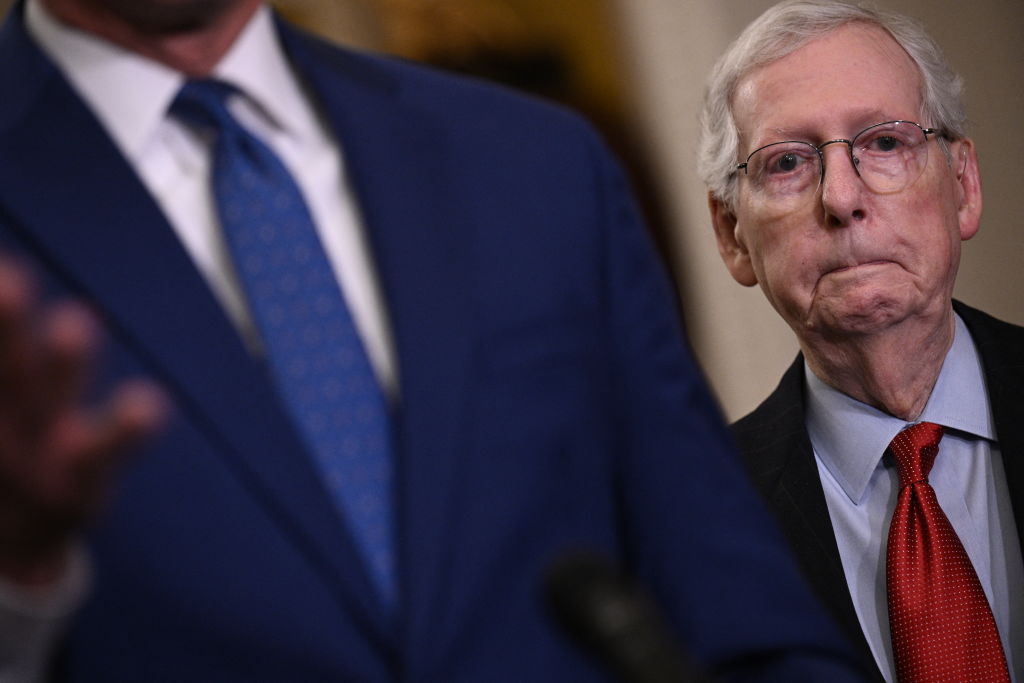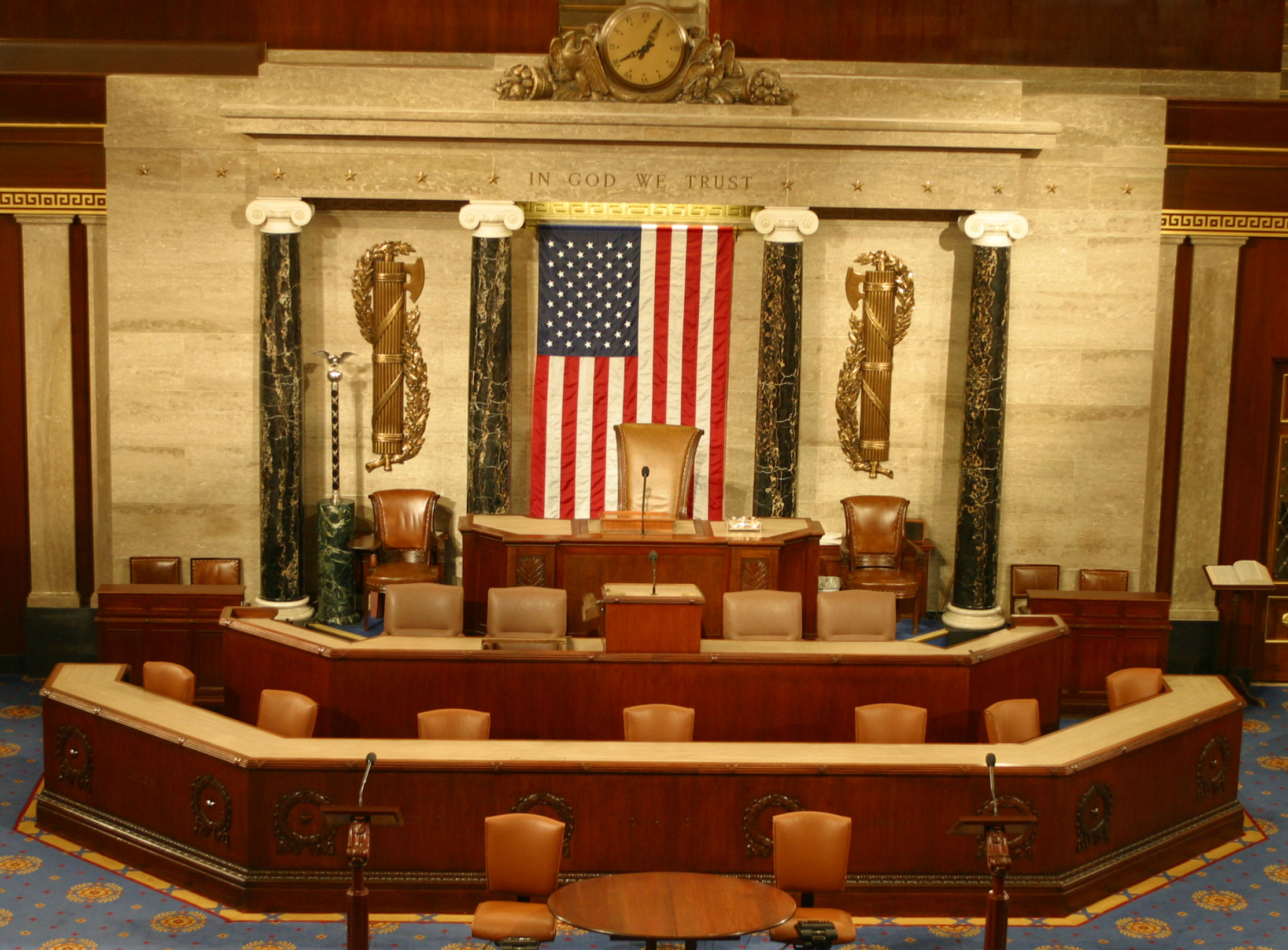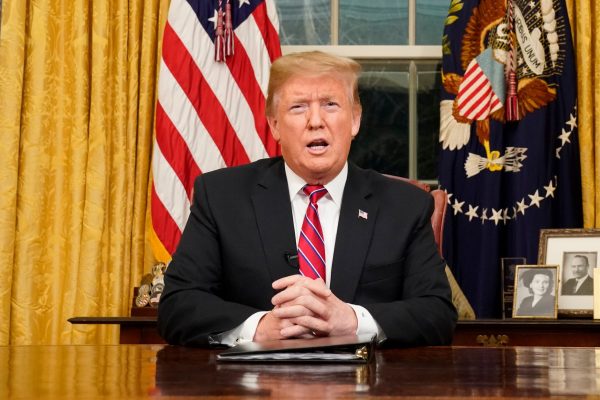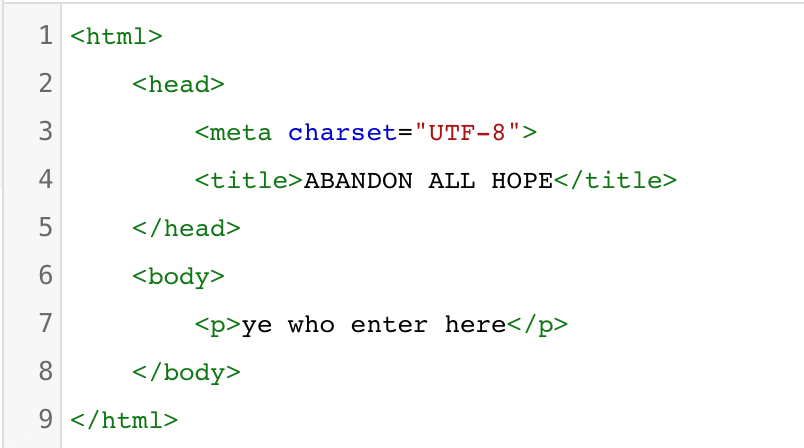The Border Bill and the Spirit of ’76

Republican voters’ trust in their own elected leaders is plummeting.
The failure of the Senate border and security bill is emblematic of a collapse of confidence in the nation’s leadership, as complete as the breach of trust that led the Founders to issue the Declaration of Independence. Past a certain point, “compromise,” even on apparently advantageous grounds, looks unreasonable because one side—for the Founders, the King; and for Republican voters today, the engineers of the collapse of our borders—appears utterly untrustworthy.
I am no expert on immigration, and I don’t know if the border and immigration policies in the proposed legislation represent a reasonable arrangement or not. But I think it is likely that the bill would have failed regardless of what was in it. Opposition to the bill, regardless of its specifics, is not necessarily irrational. It is, on the contrary, perfectly understandable in the context of a breakdown in trust.
The most obvious such breakdown is, of course, between Republican voters and many Republican public officials, on the one hand, and the Biden Administration, on the other. Biden ran for the presidency promising a looser approach to border security than Trump’s, which Biden evidently regarded as inhumane and contrary to supposed American principles of openness. The predictable result was a significant increase in border crossings. Moreover, for most of Biden’s presidency, both the president and his spokespeople have refused to acknowledge any “crisis” at the border. In the wake of these events, it is easy to see why many Republicans would just not trust Biden and his subordinates to use any legal authorities they were given in the bill, even if such authorities were an improvement on the present laws. What possible rational ground could there be for such trust? Biden has already made a mockery of his oath to “see to the faithful execution of the laws,” with the least vigorous border enforcement in modern times.
But there is another important (and fairly obvious) breakdown in trust revealed in the border bill’s fate—a breakdown in Republican voters’ trust in their own elected leaders. The bill was, ostensibly, a compromise, negotiated with the input of some Republican senators with the blessing of the Senate Republican leadership. As news of the bill began to leak out in the past few weeks, a deep skepticism among voters on the Right became evident, even before details of the bill could be confirmed.
Again, trust had been lost, and who can blame the people who felt this lack of trust? The Senate Republican Conference, as a group, has hardly been a stalwart defender of Republican voters’ interests and values, especially on the issue of border security. They were not, after all, eager to find money to help President Trump secure the border when he was president. Nor have they been particularly strenuous (again, as a group—there are honorable exceptions) in their condemnations of Biden’s border policies. At least, for most of the last three years they acted as if they had other things on their minds.
This loss of confidence of Republican voters in their own leaders is one of the most important changes in American politics in modern times, and it has been becoming more and more evident over the last eight years. The first sign of it came when a sizable majority of Republican primary voters in 2016 showed that they did not trust the usual, established candidates and felt they had to roll the dice on trusting Donald Trump instead.
Whatever his flaws or mistakes, Trump earned those voters’ trust by persistent advocacy for their interests, even in the face of extreme, not to say unhinged and irresponsible, opposition. It would go too far to say that Trump never backed down in the face of such opposition, but his balance sheet of commitment is qualitatively different from that of most Republican leaders of the last generation. It was impossible for ordinary Republican voters to overlook this vast difference between Trump and his more genteel Republican critics, many of whom are still around and who evidently have learned nothing from his rise to prominence.
The present moment in our politics—which includes both the fate of the border bill and Trump’s easy victory in the Republican primaries—illustrates one of the strangest and most striking paradoxes of modern American politics: those Republicans who most deplore the rise and persistence of Donald Trump as a force in American politics are the ones who are in fact the most responsible for it. Like the Americans of 1776, contemporary Republicans are “done” with many of their traditional leaders, who have squandered any influence they had over their own voters, and who are going to be replaced as a result. That will mark a great change in American politics, and it may portend even greater changes—if, as this election will reveal, the loss of confidence in traditional elites is felt not only by Republican voters but by a majority of the electorate at large.
The American Mind presents a range of perspectives. Views are writers’ own and do not necessarily represent those of The Claremont Institute.
The American Mind is a publication of the Claremont Institute, a non-profit 501(c)(3) organization, dedicated to restoring the principles of the American Founding to their rightful, preeminent authority in our national life. Interested in supporting our work? Gifts to the Claremont Institute are tax-deductible.
Mad crowds and pseudo-events wrack Barcelona.
At the National Conservative Conference, a vision of Christian humanism.
Meet this moment, Mr. President, before it’s too late (and it’s almost too late)
Ruthless outsourcing will be the death of the American Dream.
Excerpted from Edward J. Erler's new book.






